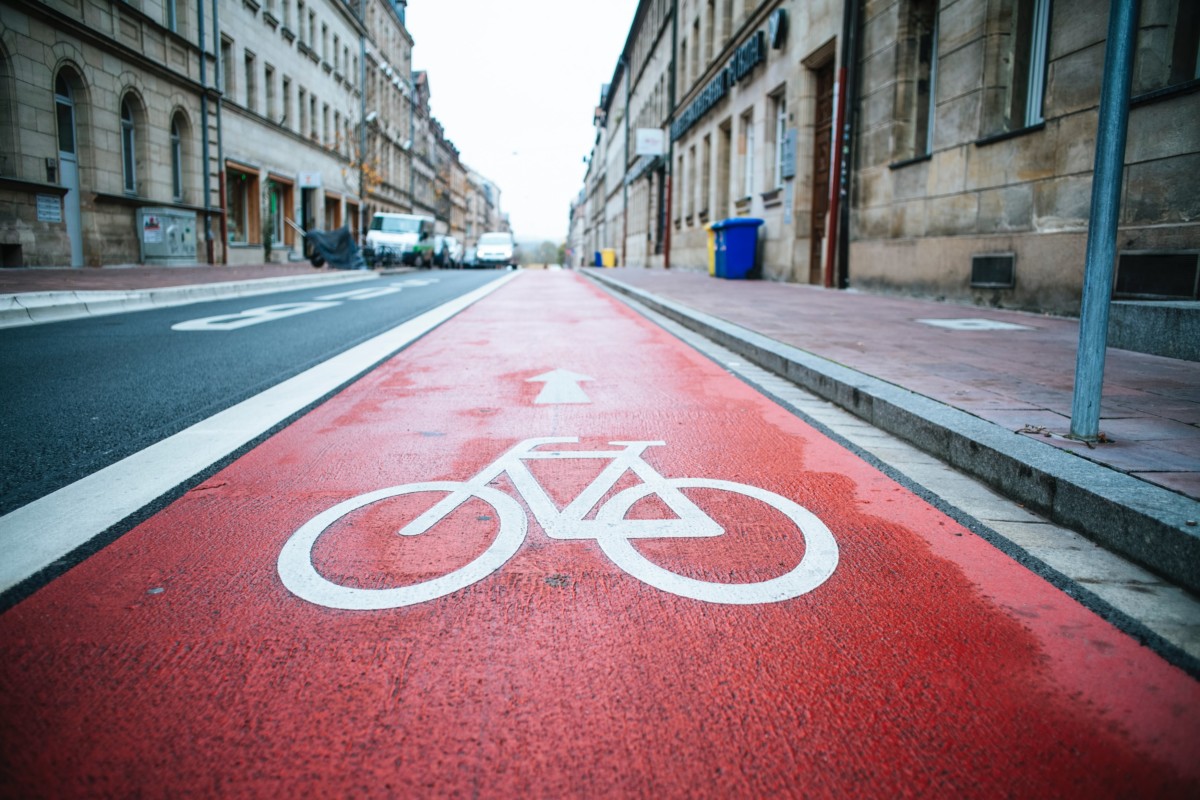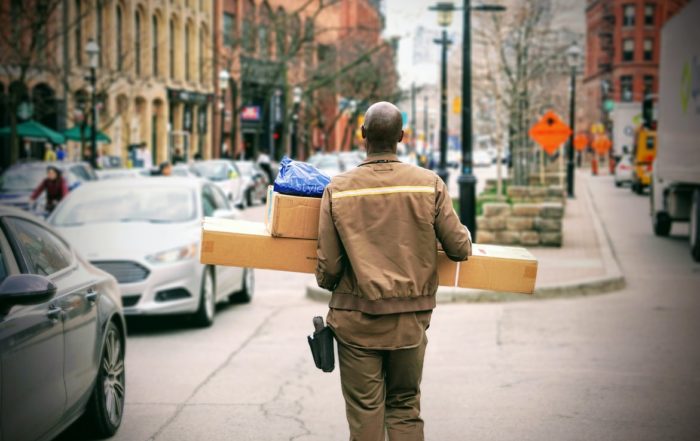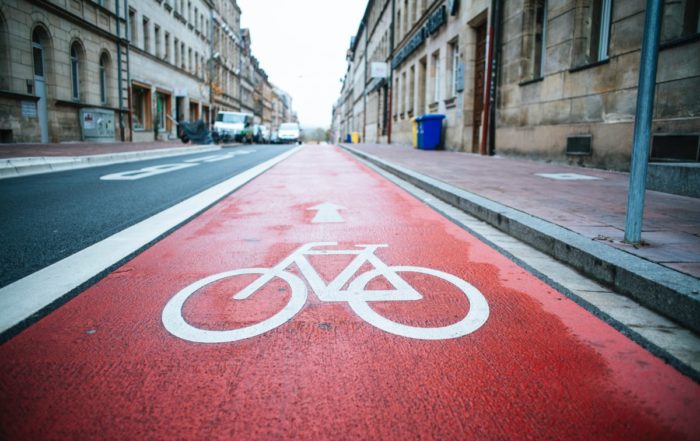As for the future, we need a more balanced thinking
Interview with with Robert Cervero
In the past, the design of transport facilities was mainly ruled by engineering profession with a focus on moving people with higher speeds in an efficient and safe way. This led to building wider motorways allowing faster speeds. The long-term consequences of these policies, like more traffic and more urban sprawl, were rarely considered. As for the future, we need a more balanced thinking. He argued, that
We have to move away from speed as the dominate metric of performance in the transport sector and suggested that maybe 40-50 % of the attention would be enough to sustain a productive society and competitive marketplaces. Other factors as quality of life, clean air, walkable and bike-able landscapes, and psychological well-being in general are also relevant for economy and must be considered as well.
Cities that are designed to fulfil such criteria of the future are not just more liveable, safer, divers and socially just, it also seems to be a powerful pre-economic development strategy, making these cities more attractive for people to live and for companies to settle there. Intuitively, although it has not been scientifically proven yet, it even may even lead to a faster growth in GDP per capita. Moreover, with respect to people’s needs and also to the differences in needs it is essential to provide more variety and choices in cities and mobility systems to achieve and promote healthier and more sustainable behaviour.
When talking about the consequences of the COVID pandemic, he pointed out that,
There are a number of factors besides COVID that will influence the appearance and redesign of the urban landscape over the next 5-10 years, such as technological factors, changing lifestyles, and quality of life considerations.
The COVID pandemic forced people and planners to find quick solutions to emergent needs (like e.g., pop-up bike lanes). In the future, more strategic planning and public participation in urban development should follow. In his opinion, decarbonisation might be a nice political umbrella that speaks to the fundamental way of challenges of designing transport services, policies, and pricing to strengthen the ecological footprint of the transport sector.
But there are also developments such as e-commerce and the shared economy that were pushed during COVID. Things like Mobility as a Service make owning a car less necessary and increase people’s mobility choices. Another important topic is autonomous driving, which unfortunately somewhat dominates the current discussion about the mobility of the future. It is assumed that it will ultimately lead to faster and more efficient mobility. However, from past experience we also know the consequences of this development, i.e. even more traffic.
Although electric cars and sharing of autonomous vehicles could have a positive impact on sustainability, parallel policies must be put in place that no longer support the dominance of speed and efficiency.
Dynamic road pricing might be one such a policy, allowing more directly to redistribute the true marginal costs of individual travel choices by employing higher charges when driving longer distances in congested zones during peak traffic periods.
Concluding our talk, he added that “timing of the rebalance project is immaculate. All these things changing and unfolding quickly now, like COVID, autonomous driving, e-commerce, and shared mobility, none of this was part of the conversation five years ago. So perfect time to rethink, reorder and rebalance what we are doing.”
Interviewed by Jens Schade & Lisa-Marie Schaefer, TU Dresden
Related content
Low volume, high frequency
Low volume, high frequency Interview with [...]
If behaviours change, systems change
If behaviours change, systems change Interview with [...]
The concept of sustainability is connected with happiness
The concept of sustainability is connected [...]
What we need is a positive narrative or frame for a future healthy living
What we need is a positive [...]
As for the future we need a more balanced thinking
As for the future, we need [...]
COVID_19 as an opportunity to learn what we might lose or gain from a life with less mobility
COVID_19 as an opportunity to learn [...]







